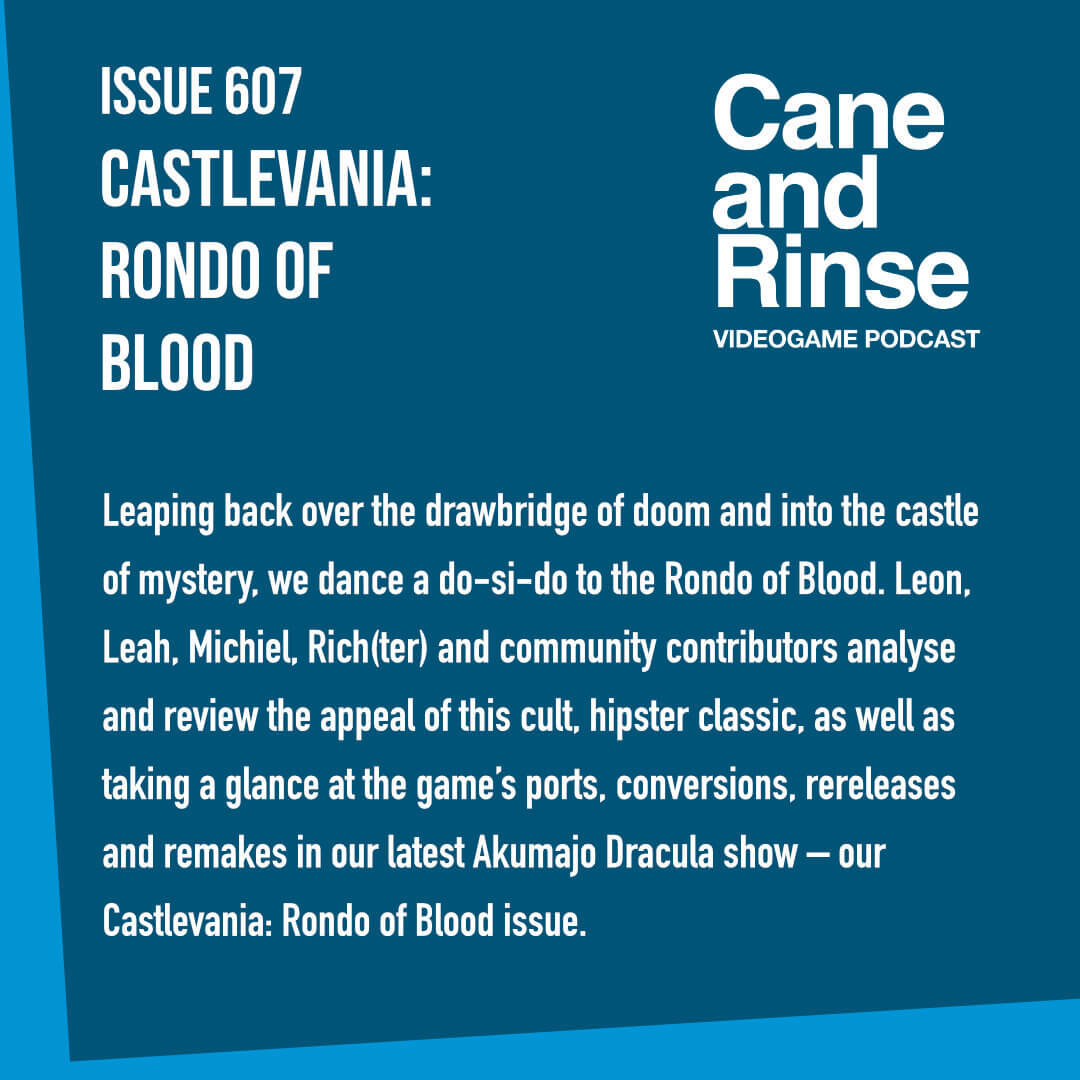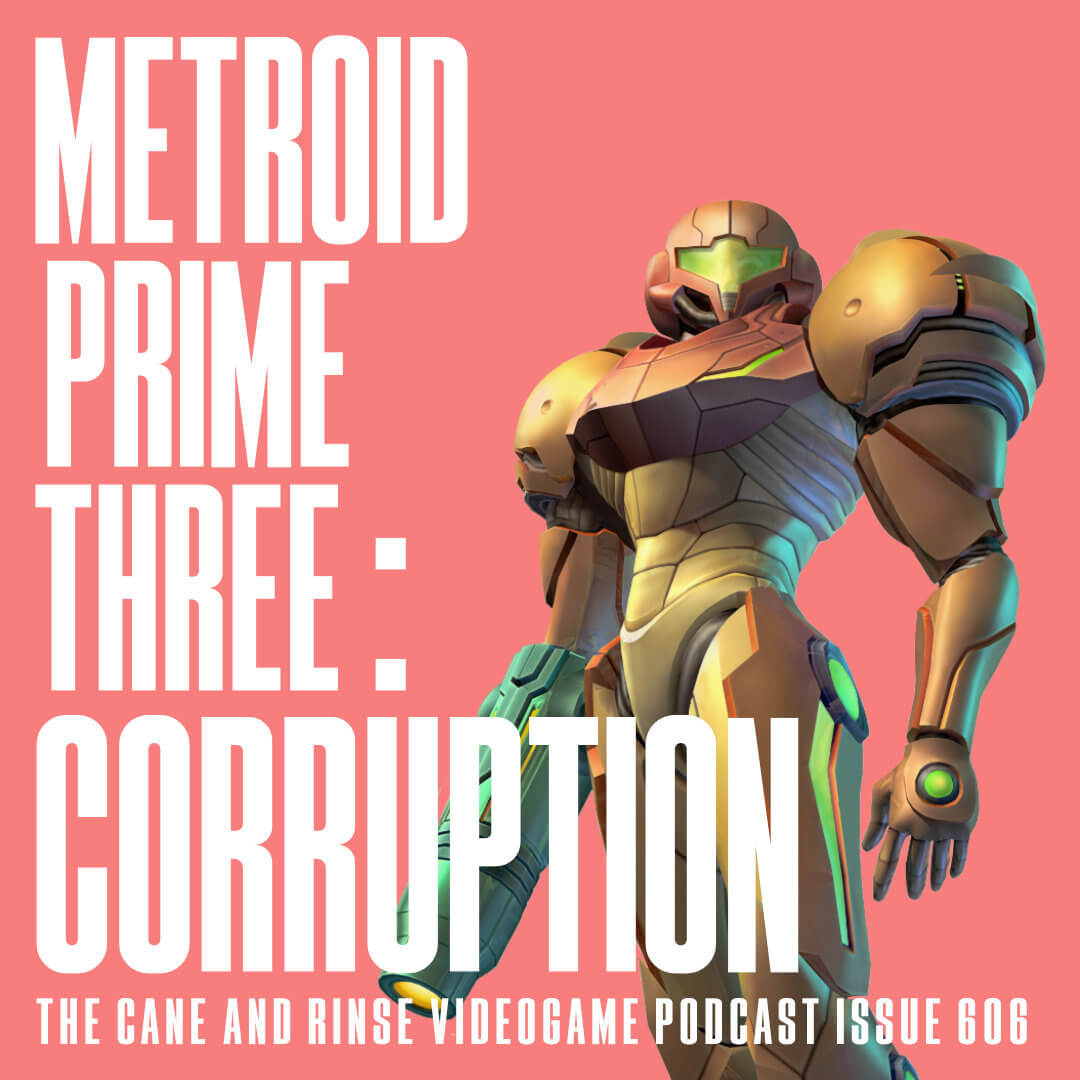A personal perspective on why the Shin Megami Tensei: Persona games stand out from the crowd

This article is something I’ve wanted to write for a long time. And with the recent release of Persona 4 Arena, and the soon to be released Persona 4: The Golden, I thought it was the perfect time to encourage people to check this series out. First of all I should mention that I will only really be talking about Persona 3 and 4 in this article. Persona 1 and 2 are good games, don’t get me wrong. But Persona 3 and 4 are the games I really connect with. Playing both Persona 3: FES and Persona 4 was one of the greatest, but also one of the most personally enlightening gaming experiences I have ever had. I discovered a lot about what I really value from games playing these titles. In my mind both Persona 3 and 4 manage to go toe-to-toe with any of the best examples of the RPG genre, despite only having a fraction of the budget. I absolutely adore these games, and it seems that most people who have played and completed Persona 3 and 4 feel as passionately about them as I do. Why? Well in an attempt to explain, I’m going to examine different aspects of these games, and how they benefit the overall experience.
Structure
Most JRPGs drop you in a big open world, and you progress through the game by travelling to new towns, villages or settlements in that world. In said town you’ll encounter some kind of conflict, like a bear who snores way too loud, or maybe everyone is dying from an Ebola outbreak, something like that. This conflict must then be resolved before traveling to the next area. And maybe you’ll return to that area, because that guy with a strangely phallic sword was seen round those parts.
Discovering new places doesn’t propel a Persona game forward; time does. The events of Persona 3 and 4 each take place over a year, and the player will experience every day of that year, and all the trials and tribulations one might experience over this period of time. For example on one day I might have to go to school for lessons, which if I pay attention, will increase my intelligence… or I can just fall asleep at my desk. After school, I have the choice to do whatever I want. I could try upgrading my social links (don’t worry, I will explain what that means) by hanging out with some of my team mates. Maybe we’ll see a crappy martial arts movie, do some science homework, get some ramen, etc, etc. Or if I’m itching for a fight, I could enter Tartarus/the TV world, and kick the ever-living shit out some shadows to progress further through a dungeon or just grind.

Every once and a while, the game will spice things up a bit on special days (Christmas, Valentine’s Day, etc, etc) where the player will be doing something very different. And of course there are the days that will have important and lasting effects on the story and its cast of characters. There are narrative deadlines to consider, where certain tasks must be complete by a certain day. But these deadlines aren’t hard to meet, as long as you don’t waste time. A “normal” day in Persona can last anywhere between 5 to 15 minutes depending on what your choices are. And the player has the opportunity to save their game at the start and end of every day. The feeling of constant progression, lends these games a forward momentum that is sorely missing from most JRPGs. Much like how compulsive the Civilization series can be, while playing Persona you will find yourself thinking, “Just one more day…”
Combat
Combat only occurs when exploring each game’s respective dungeons. In Persona 3’s case, it’s a big scary tower called Tartarus that only appears during the Dark Hour (just play the game, I’m not explaining everything) and for Persona 4, it’s the inside of a television (…just play it, all right?). The layouts to these dungeons are randomly generated, with items and loot to discover if you’re willing to explore all the nooks and crannies. GREAT NEWS: There are a grand total of zero random battles in Persona. The enemies you’ll face are clearly visible, skulking around the halls. Enemy encounters are triggered by either striking the enemy first, or when they strike you. The game awards you bonuses in combat if you manage to sneak up on an enemy unawares, and punishes you if a creature attacks first. This forces you to think about how you approach the enemy, and whether it’s best just to avoid them altogether.

Once the first strike has been made, the game loads into Persona’s combat mode, which should be immediately familiar to any JRPG fan. But Persona’s combat has a slight twist, as it has a greater empathise on strengths and weaknesses than most RPGs. If you manage to figure out what an enemy’s weakness is, that attack will not only do more damage, but also temporarily knock them unconscious. If that wasn’t beneficial enough, the character that knocked the enemy down gains another turn. If you manage to chain together a sequence of attacks that knock out every enemy on screen, you can perform an all-out attack where every party member will dog pile the enemy, leaving a mushroom cloud in their wake. But enemies can exploit your weaknesses as well, and when your party is low on health, an enemy grabbing an extra turn can be fatal. This simple change to the way traditional turn based combat works made me think a lot more about my actions in battle. You can’t just spam attacks, especially in boss battles where the enemy’s weakness will change as the battle progresses. You have to stop and think about what attack you are using, and who you are attacking.
Personas and Social Links
Personas are the physical embodiment of each party member’s inner self. When you want a character to perform a special move, they will summon their Persona, who will then perform an elemental attack or heal a party member. The main protagonist, being special kind of chap, has the ability to collect multiple different kinds of Persona and swap them in and out during combat. So while the rest of your team are tailored to suit very specific roles, you’ll always have one character who is a jack of all trades.
Your Personas level up independently of you, and so sometimes you’ll end up collecting quite a few under-levelled Personas who are pretty much useless in combat. Luckily, Persona has a very disturbing crafting system, where you take these little monsters and fuse them together to create new ones.

This system is also linked with another mechanic called social links. Every Persona belongs to an Arcana, and there is a social link you’ll need to upgrade associated with each Arcana. You upgrade social links by completing side missions with members of your party, and other NPCs. These are kind of similar to the loyalty missions in Mass Effect 2 where you get to help party members deal with their personal issues, except that these missions are on a much more personal scale and stretch out over the full length of the game. For example, someone might desperately want to reconnect with their mother, and you’ll provide them with whatever support they need. The further you upgrade a social link associated with a specific Arcana, the more bonus experience a fused Persona of that Arcana will gain. Because of this, fused Persona can end up levelling up several times before they are even in your possession. This is a great idea that not only allows the player to get to know their party better, but also allows them to build a stack of very powerful Personas that can serve different roles in combat.
Characters
Persona’s characters are the reason you’ll carry yourself all the way through each of these ninety hour experiences. To be quite frank, no other Japanese series can touch Persona when it comes to the quality of writing and characterisation on display. It also helps that Atlus USA have gone above and beyond with both Persona 3 and 4’s localisations, with dialogue and voice acting far above what we’re used to from this genre. Final Fantasy XIII’s budget was several times larger than both of these games, yet its dialogue and voice acting is laughable when compared with what Atlus USA accomplished.




The characters you’ll encounter in these games aren’t your usual JRPG archetypes. Persona 4 has the only mature exploration of homosexuality I’ve seen in games through the character of Kanji. Kanji sees himself as tough, strong and independent. But he feels like society is telling him that his sexuality makes him weak, and unmanly. So Kanji tries to reject, rather than embrace, this aspect of his personality. Kanji could have just been a stereotypical tough guy with a heart of gold, but this internal struggle makes him so much more complex and interesting.
These characters actually haves arcs, changing and evolving as the story progresses. When I first met Junpei in Persona 3, I hated him. I thought he was immature, reckless and at times stupid. But I did a complete 180 on this character, and by the end, he was one of my favourites. Why? Because it felt like the weight of his journey had changed him. All the terrible events he went through helped him mature and reach his true potential.The characterisation and character development on display is far above anything I’ve seen in the JRPG genre. Honestly, with the exception of Mass Effect, I’m hard pressed to think of a group of characters I have grown to love as much as the ensemble casts of Persona 3 and 4.
Storytelling
“No one can escape time; it delivers us all to the same end. You can’t plug your ears and cover your eyes.” In most JRPGs this would simply be a line inserted into the script to make a character “sound” intelligent and philosophical, but ultimately ends up being hollow and meaningless. And when I started to play Persona 3, and these words were uttered, I wrongly assumed that it was another example of faux complexity in a JRPG. But this line wasn’t pointless; it set up a thematic through line. Persona 3 is a game about the concept of mortality, and how the inevitability and the resulting impact of death affects humans on a personal level, and as a group. This game is filled to the brim with plot points and symbolism that discuss death. Even the way party members summon their Personas is symbolic, as your characters are effectively shooting themselves in the head.
Persona 4 explores the concept of identity. It particularly focuses on the emotions and thoughts we choose to hind from others around us. On multiply occasions, the cast of Persona 4 have to come face to face with their inner selves, and come to terms with who they really are. But by accepting the aspects of their personality that they might otherwise reject, they become more mature and more fulfilled.

Persona 3 and 4’s narrative is a slow burn, building up to major reveals and plot points gradually, but with purpose. There are sections of the game where there will be a lot of talking, and not much gameplay. But these moments aren’t just dump trucks of exposition. In fact more often than not, these sections are dedicated to character growth rather than plot progression. A lot of events in the story are left a mystery to the player for long stretches of the narrative, and the game gradually drip feeds you relevant information. I don’t want to go into any more detail than that, other than to say, both games have great narratives that are worth the time and commitment.
To Conclude
I hope that this piece has gone some way to helping people unfamiliar with the series to gain a better understanding of what it offers. If any of what you have read interests you and you happen to own a PlayStation Vita, you’re in luck! Because very soon, Persona 4: The Golden will be released, which is effectively an HD update of the original PS2 game with lots of extra features. If standard definition visuals aren’t that much of an issue for you, and you still have a PS2 knocking about, both Persona 3 and 4 can be purchased from amazon for around £10 – £15. Persona 3: FES is still the definitive version of that particular game. If none of this has convinced you that Persona is a series worth checking out… well, you’re a monster and I hate you. But on a serious note, I recognise that the Persona games aren’t for everyone, however I hope that at least a number of you out there will venture out of your comfort zone, and give one of the more unique videogame series a chance.






















I have been longing to play a game with depth and wonderful character development which is more than save the girl/world., and I think this might be it. I defiantly will have to try this out.
Fantastic review!
Thanks Andrew!
Great write up. I’ve been looking at getting the Persona games for a long time (how can you follow games and the industry and not hear of their glowing reputation?), but I’ve been hard pressed to find a job, and hence the money.
Anyway, a question for you. Are the sequels true sequels to the story? Or are all the games separate from one another? To put it another way, will I be missing out on anything (apart from playing the games themselves) if I do skip 1 and 2?
They are all self contained stories. They exist in the same universe, but you don’t have to have played 1 and 2.
Great article, hopefully getting a PS3 soon so it’ll be on the list.
I tucked into Persona 3: Portable over the Summer (sorry it’s not FES, Josh) after dancing around the Persona series for some time now. It’s going to be a slow burn, but I’ve been really taken by it. I’m pencilling in P4: The Golden for my Easter holiday game and can’t wait to see it in all its glory on the Vita.
Excellent article, Josh.
Spot on! I never got in to JRPG’s in my entire life I always started them but never finished,that was until I played Persona 3,you managed to capture every point that made me fall in love with persona and not give up on JRPG’s as a hole.Also IMO persona 3 has the “best” take on death than any other game or work in other mediums that I have seen,to me even the great ending of six feet under wasnt as good as P3 conclusion.